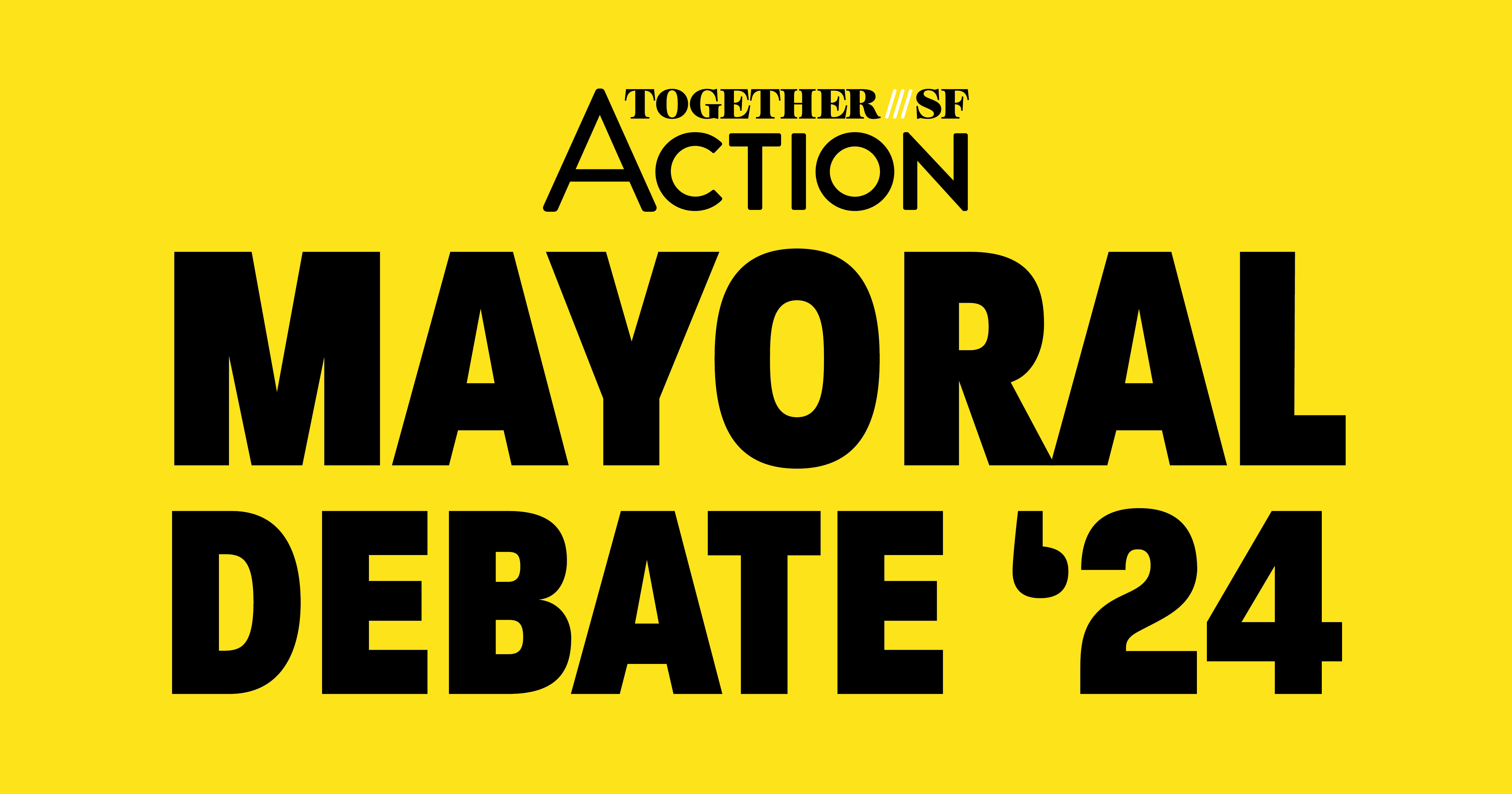From Wikipedia, the free encyclopedia

Not to be confused with Arab League Monitors in Syria.
See also: 2002 Arab League summit and 2007 Arab League summit
The Arab Peace Initiative (Arabic: مبادرة السلام العربية; Hebrew: יוזמת השלום הערבית), also known as the Saudi Initiative (Arabic: مبادرة السعودية; Hebrew: היוזמה הסעודית), is a 10 sentence proposal for an end to the Arab–Israeli conflict that was endorsed by the Arab League in 2002 at the Beirut Summit and re-endorsed at the 2007 and at the 2017 Arab League summits.[1] The initiative offers normalisation of relations by the Arab world with Israel, in return for a full withdrawal by Israel from the occupied territories (including the West Bank, Gaza, the Golan Heights, and Lebanon), with the possibility of comparable and mutual agreed minor swaps of the land between Israel and Palestine, a “just settlement” of the Palestinian refugee problem based on UN Resolution 194, and the establishment of a Palestinian state with East Jerusalem as its capital.[2] A Palestinian attack called the Passover massacre took place on 27 March 2002, the day before the Initiative was published, which initially overshadowed it.[3]
The Palestinian Authority led by Yasser Arafat immediately embraced the initiative.[4] His successor Mahmoud Abbas also supported the plan and officially asked U.S. President Barack Obama to adopt it as part of his Middle East policy.[5] Initial reports indicate that Islamist political party Hamas, the elected government of the Gaza Strip, was deeply divided,[6] while later reports indicate that Hamas accepted the peace initiative.[7][8] The Israeli government under Ariel Sharon rejected the initiative as a “non-starter”[9] because it required Israel to withdraw to pre-June 1967 borders.[10] In 2015, Israeli Prime Minister Benjamin Netanyahu expressed tentative support for the Initiative,[11] but in 2018, he rejected it as a basis for future negotiations with the Palestinians.[12]
The plan
Further information: Arab League
Prelude to the 2002 Beirut summit
Main article: Middle east peace process
The Arab League summit held after the Six-Day War, during which Israel occupied large swathes of Arab territory, established the Khartoum Resolution on September 1, 1967. It contained the “three noes” that was to be the center of all Israeli-Arab relations after that point: No peace deals, no diplomatic recognitions, and no negotiations. UN Security Council Resolution 242, which called for normalization of Israel with the Arab states and for Israel to withdraw from territories taken during the war, was enacted on November 22, 1967, and faced initial rejection by most of the Arab world. The peace initiative marked a major shift from the 1967 position.[2]
Like most peace plans since 1967, it was based on UN Security Council Resolution 242. It followed the July 2000 Middle East Peace Summit at Camp David which ended in failure and the al-Aqsa Intifada beginning in September 2000. In fall 2002, the Bush administration strenuously tried to push a temporary cease-fire in the intifada to give breathing room for the Beirut summit but failed to achieve an agreement.[13] However, the presence of American negotiator Anthony Zinni in Israel led to a lull in the conflict for the two weeks before the summit.[14] During this period, the Bush administration hoped to draw attention away from the Iraq disarmament crisis that would later escalate into the 2003 invasion of Iraq.[13][15]
Some reporters were skeptical about the summit’s prospects. Robert Fisk explained the absence of Egypt’s Hosni Mubarak and Jordan’s King Abdullah: “they can smell a dead rat from quite a long way away.”[15] On March 14, analyst Shai Feldman stated on The News Hour with Jim Lehrer that “[t]here’s little hope that negotiations will pick up or that negotiations will eventually succeed in bringing about a negotiated outcome between the two sides.”[16] However, Pulitzer Prize-winning columnist Thomas Friedman met Saudi Crown Prince Abdullah in February 2002 and encouraged him to make the peace proposal.[17]
2002 summit
Main article: Beirut Summit
The declaration

Wikisource has original text related to this article:
Only ten of the twenty-two leaders invited to the March 27 Arab League summit in Beirut, Lebanon attended.[13] The missing included Palestinian Authority Chairman Yasser Arafat, President Hosni Mubarak of Egypt, and King Abdullah of Jordan.[13] Ariel Sharon’s government, despite American and European pressure, had told Arafat that he would not be allowed to return if he left for the summit.[13] The lack of participation led Australian Broadcasting Corporation reporter Tim Palmer to label the summit “emasculated”.[13]

The Arab League members unanimously endorsed the peace initiative on March 27.[14] It consists of a comprehensive proposal to end the entire Arab–Israeli conflict.[18] It provides in a relevant part:
(a) Complete withdrawal from the occupied Arab territories, including the Syrian Golan Heights, to the 4 June 1967 line and the territories still occupied in southern Lebanon; (b) Attain a just solution to the problem of Palestinian refugees to be agreed upon in accordance with the UN General Assembly Resolution No 194. (c) Accept the establishment of an independent and sovereign Palestinian state on the Palestinian territories occupied since 4 June 1967 in the West Bank and Gaza Strip with East Jerusalem as its capital. In return the Arab states will do the following: (a) Consider the Arab–Israeli conflict over, sign a peace agreement with Israel, and achieve peace for all states in the region; (b) Establish normal relations with Israel within the framework of this comprehensive peace.[18]
Crown Prince Abdullah of Saudi Arabia made a speech to the Arab League on the day of its adoption saying that:
In spite of all that has happened and what still may happen, the primary issue in the heart and mind of every person in our Arab Islamic nation is the restoration of legitimate rights in Palestine, Syria and Lebanon…. We believe in taking up arms in self-defence and to deter aggression. But we also believe in peace when it is based on justice and equity, and when it brings an end to conflict. Only within the context of true peace can normal relations flourish between the people of the region and allow the region to pursue development rather than war. In light of the above, and with your backing and that of the Almighty, I propose that the Arab summit put forward a clear and unanimous initiative addressed to the United Nations security council based on two basic issues: normal relations and security for Israel in exchange for full withdrawal from all occupied Arab territories, recognition of an independent Palestinian state with al-Quds al-Sharif as its capital, and the return of refugees.[19]
The initiative refers to United Nations General Assembly Resolution 194, which emphasizes the return of Palestinian refugees to Israel.[17][20] In a compromise wording, it states that the League supports any negotiated settlement between Israel and Palestinians and does not mention the term “right of return”.[17][20]
More at: https://en.wikipedia.org/wiki/Arab_Peace_Initiative







